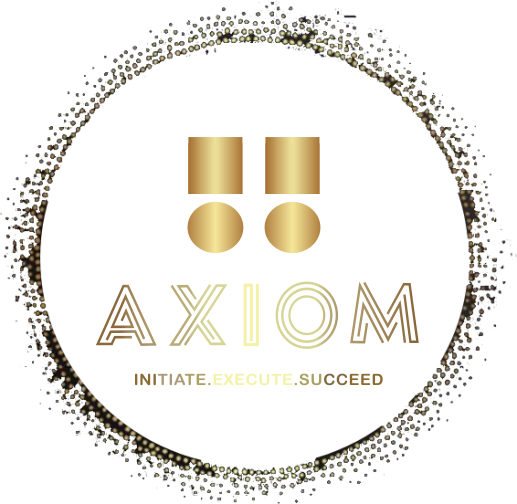In recent years, the role of Human Resources (HR) professionals has undergone a dramatic transformation. What was once seen as a department handling administrative tasks and managing employee relations has evolved into a strategic force, and today, some HR professionals are taking the reins as key business leaders. This journey reflects the growing recognition of the critical role HR plays in shaping the success and culture of organizations.
The Traditional HR Role: Administrative and Compliance Focused
In the early stages of HR, the role was predominantly administrative. HR professionals were responsible for tasks like payroll management, employee onboarding, record keeping, and ensuring compliance with labor laws. The focus was on maintaining order and reducing risks related to employment practices. Typical HR was often seen as the gatekeeper of policies, the enforcer of rules, and the department that dealt with employee grievances and benefits.
While this role was essential for the smooth running of organizations, it was largely reactive in nature. HR professionals were tasked with putting out fires and ensuring that the company adhered to legal standards. The department was often siloed, separate from the core decision-making processes of the business.
The Rise of Strategic HR: A Seat at the Table
As businesses evolved, so did the role of HR. Organizations began to realize that employees are more than just resources to be managed—they are critical drivers of business success. This shift in perspective gave rise to the concept of strategic HR, where HR professionals moved beyond administrative duties to become key contributors to the company’s strategy and growth.
In the strategic HR phase, professionals began focusing on aligning human capital with business objectives. They played a pivotal role in talent acquisition, succession planning, organizational design, and performance management. HR leaders started to develop initiatives that fostered employee engagement, built a strong company culture, and ensured the development of leadership pipelines.
Strategic HR professionals were no longer just policy enforcers; they became partners to the executive team. Their insights into workforce trends, employee engagement, and talent development made them invaluable contributors to the business strategy. This shift marked the beginning of HR’s transition into a more dynamic and impactful function within organizations.
HR as Business Leaders: Driving Organizational Transformation
Today, many HR professionals have fully transitioned into business leaders, overseeing not just the people function but also broader organizational strategies. The modern HR leader is expected to have a deep understanding of the business and contribute directly to its growth and competitiveness. They are often tasked with leading digital transformations, managing organizational change, fostering innovation, and building sustainable, high-performance cultures.
This new wave of HR leaders brings a unique perspective to the table. With their roots in human capital management, they have a keen understanding of the dynamics that drive employee behavior and organizational success. They excel at navigating the complexities of workforce diversity, remote work, and the challenges of a global talent market. HR leaders are now often the architects of large-scale transformations, such as culture shifts, leadership development, and mergers and acquisitions.
As business leaders, these HR professionals are driving outcomes in areas far beyond traditional HR metrics. They are shaping business models, leading product or service innovations, and influencing the future direction of the organization. The most successful HR leaders are those who have embraced this broader role, leveraging their expertise in people management to make informed, strategic decisions that impact the entire business.
The Future of HR Leadership: A New Era of Influence
The rapid evolution of HR from a traditional administrative role to a key business leadership function is a testament to the growing importance of people as a critical asset in today’s business world. As organizations continue to face challenges like digital transformation, the war for talent, and evolving workforce expectations, HR leaders will be at the forefront of driving change.
The future of HR leadership is one where HR professionals not only contribute to business strategy but also lead it. HR leaders will need to continue expanding their skill sets, developing business acumen, and staying ahead of trends in technology, workforce dynamics, and organizational design. Those who can successfully blend the art of people management with the science of business strategy will become indispensable in shaping the future of work.
